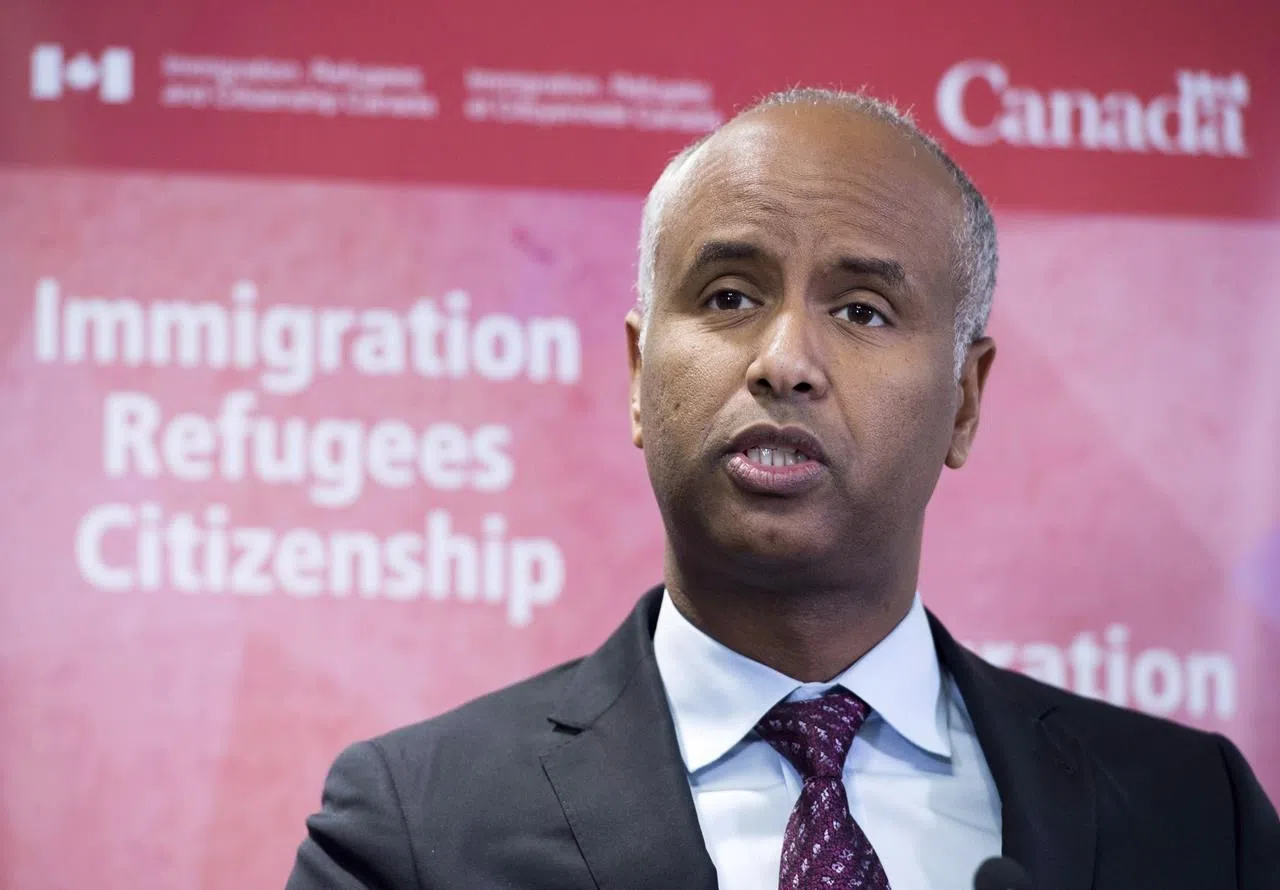
Hussen announces new pilot to boost immigration in rural and northern Canada
OTTAWA — The federal government is launching a pilot program to boost immigration in rural and northern communities struggling with labour shortages and population decline.
More than two-thirds of immigrants to Canada settle in bigger cities, which is why municipal leaders in smaller towns and communities have been calling on Ottawa to do more to help them attract newcomers.
They believe immigration is key to helping their communities fill labour gaps as more people leave small town Canada for urban centres.
“This is a common, common ask — municipal leaders are saying, ‘Please, we need more people, more workers, more families,’” Immigration Minister Ahmed Hussen said in an interview Thursday.


